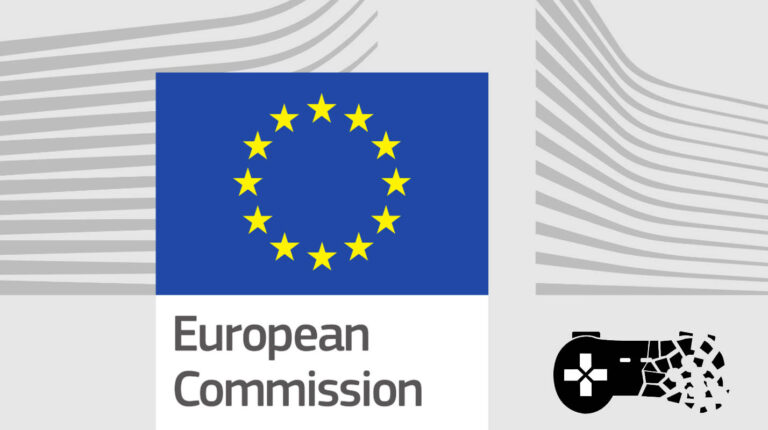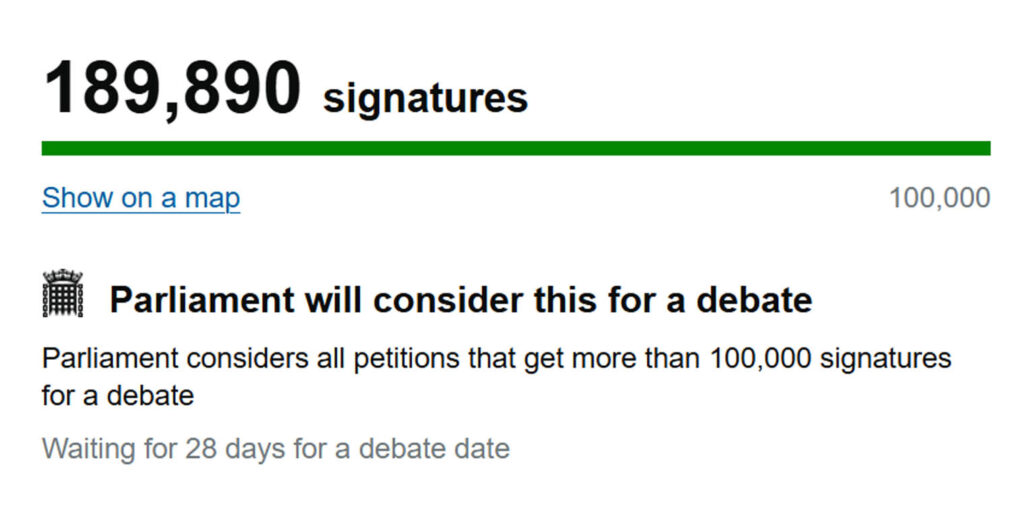Stop Killing Games Supporters Can Piggyback on The Digital Fairness Act


The EU petition for Stop Killing Games (SKG) closes to signatures on July 31, but there’s now another possible option supporters can sign, and it’s open until Oct. 9. The Digital Fairness Act is an EU initiative aimed at tackling unethical techniques and unfair commercial practices, and is something the SKG leader Ross Scott has highlighted as worth commenting on by EU, and EU-adjacent, gamers.
The Digital Fairness Act is not in effect, as it’s currently open to calls for evidence. What this means is that people are free to comment on the initiative’s site with anything that relates to unfair commercial practices affecting video games; the Act gives “gambling-like features in video games” as an example, so the door is open to other game-related issues.
“From everything I’ve heard, this has a real chance of working,” Scott said in a recent YouTube video. “I would not call this a long shot. I would say it’s another one with, maybe, coin toss odds of being successful. And best of all, this is an additional option on top of everything else we’ve been doing.”
Jump to:
The Digital Fairness Fitness Check
The Digital Fairness Act has come about due to a Digital Fairness Fitness Check conducted by the European Commission in October 2024. It focused on three core areas: Unfair Commercial Practices Directive, the Consumer Rights Directive, and the Unfair Contract Terms Directive. All of these can easily be linked to what Stop Killing Games is focused on.
As a result of the Fitness Check, the European Commission found that consumers don’t always feel in control of their online experience, due to five main issues:
Dark patterns in online interfaces that can unfairly influence their decisions, addictive design of digital services that pushes consumers to keep using the service or spending more money, personalized targeting that takes advantage of consumers’ vulnerabilities, difficulties with managing digital subscriptions, and lastly, problematic commercial practices of social media influencers.

The official Digital Fairness Act site goes into specifics about the areas of concern, but the upshot is that various industries are rife with unfair, even manipulative, business practices. In terms of SKG, having something a gamer paid for taken off them could be seen as an example of this; as it stands, video game EULAs are technically legal, though arguably unfair.
Eligibility And Feedback
Unlike the main SKG EU petition, citizens of EU-adjacent countries can leave a comment on the Digital Fairness Act initiative site. This includes people living in, or with citizenship of, Norway, Turkey, and Iceland for example. However, UK citizens are exempt.

Those who can leave a comment are encouraged to do so politely, and give clear evidence on why and how they feel games being taken off them should be covered by the Digital Fairness Act. Scott also warned people to avoid copy-pasting text or adding URLs, as this may mark a comment as spam and get removed.
So far, there have been 2,123 comments, many of which appeared after Scott’s recent video. Examples of evidence being presented by users includes subscription services as a whole being able to remove access to paid, even downloaded, content, such as audiobooks and of course video games.

















